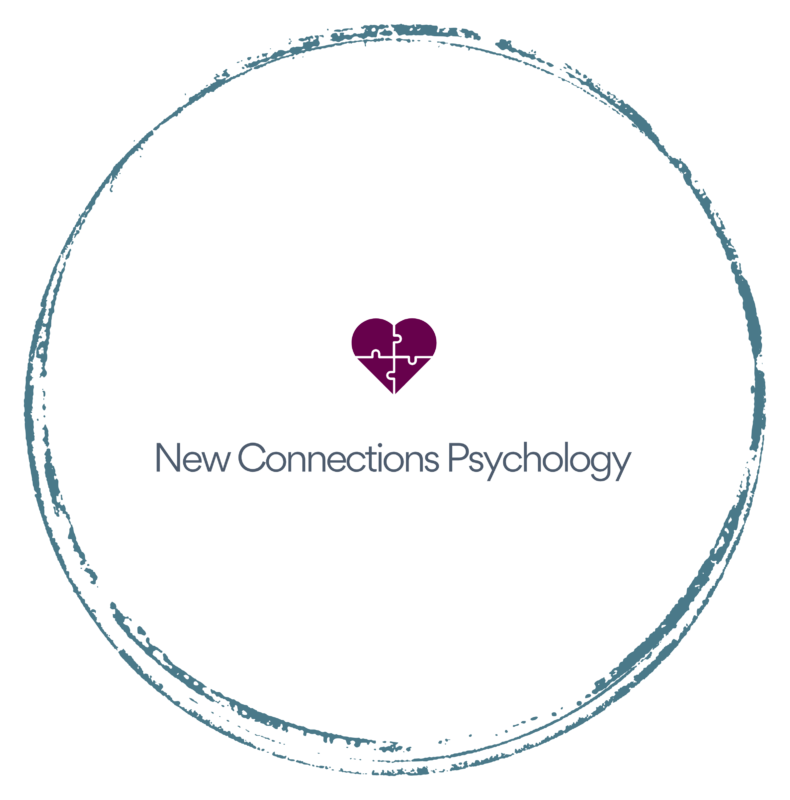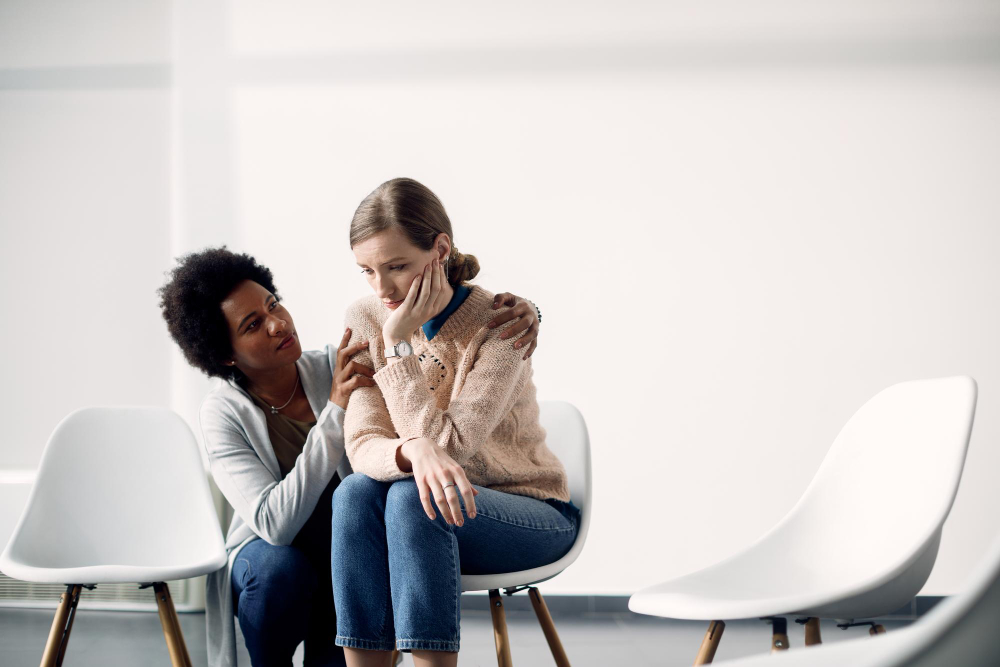Introduction
Lesbian individuals encounter mental health concerns, distinct from those experienced by other members of the LGBT community, as they belong to a marginalized subgroup within an already marginalized community. While investigating the impact of bias and discrimination is a starting point, it barely delves into the extent of their mental health struggles. For a more in-depth understanding, refer to the problems presented in this article.
The Pressure to Identify and Label
Lesbian women encounter more significant pressure compared to other members of the LGBT community to adopt labels that they may not feel comfortable with. This pressure stems from various sources such as heterosexuals, gay men (especially in the context of meeting lesbians at gay bars), the media, and even other lesbian women. Examples of these labels include “femme” (referring to a lesbian woman who dresses and behaves like a stereotypical heterosexual woman), “alpha” (which connotes confidence bordering on arrogance, typically associated with physical attractiveness), and “butch” (describing a lesbian woman who dresses and acts like a stereotypical heterosexual man). While some lesbian women find these labels frustrating, others embrace them, including those who proudly identify as “butch.” This dilemma leaves many lesbian women unsure whether to accept or reject such labels.
The ownership of these labels remains a contentious issue, with no clear answer. Individuals who use terms like “butch” may not necessarily identify as lesbian, further adding complexity to the matter. Additionally, some heterosexual women also use this label, while many queer women proudly identify as “butch.”
The word “lesbian” itself can also be a source of controversy. Should we use “lesbian,” “lesbian women,” “gay women,” or perhaps another term? There is no definitive answer or consensus within the lesbian community regarding this matter.
These challenges with identity and labeling can cause significant stress and contribute to the social isolation experienced by lesbian women.
Lesbian Feminism and Other Types of Feminism
Lesbian women often face pressure to adopt the label of “feminist.” However, historical and ongoing tensions exist between lesbian feminism, mainstream feminism, and radical feminism, which makes many lesbian women hesitant to participate in discussions of feminism or incorporate it into their identity.
Dealing with Assumptions and Stereotypes
Lesbian women frequently encounter unwarranted stereotypes due to various assumptions made about them, primarily by heterosexual individuals. These stereotypes include but are not limited to:
- Hatred towards men.
- Having “daddy issues.”
- Being more masculine compared to heterosexual women.
- Having experienced molestation by men during childhood.
- The need for a “man” in a lesbian relationship.
- Not having met the right man yet.
- Lesbian sex not counting as “real sex.”
- Dressing like men.
- Being physically unattractive.
- Being more interested in sports.
- Driving SUVs.
- Moving too quickly towards commitment in their romantic relationships.
- Being considered “crazy.”
- Being perceived as attempting to be with women as a trendy experiment rather than a genuine sexual preference, especially if they were previously with men, married, or have kids (this assumption is more prevalent for lesbian women who came out later in life).
The Objectification and Fetishization of Lesbian Sex
Lesbian women often feel a sense of shame and stigmatization when their sexuality is treated as taboo and illicit by heterosexual men. These attitudes can invalidate their sexual orientation and suggest that same-sex relationships between women exist solely for the sexual pleasure of men. This contributes to a broader pattern of societal discrimination that many lesbian women face, which can manifest in various forms of microaggressions.
Therapist Kimber Shelton has worked extensively with lesbian clients who have reported experiencing such microaggressions. These can range from assumptions about their sexual preferences and practices to more explicit forms of harassment and discrimination. For example, some men may make unwelcome advances towards lesbian women in social settings or even in the workplace, while others may ridicule or mock their sexuality.
Such behaviors can have a significant impact on the mental health and wellbeing of lesbian women, contributing to feelings of anxiety, depression, and isolation. They can also create a sense of distrust towards heterosexual men and the broader society, which may further exacerbate the sense of social marginalization that many lesbian women experience.
The Lack of Dating Culture
While gay men have a well-known dating culture with bars, clubs, and popular dating apps like Grindr, lesbian women do not have a comparable dating culture. Although there are gay bars that technically include lesbians, they are often seen as spaces primarily for gay men. The Her dating app is available for women in the LGBTQ+ community, but it is not exclusively for lesbians.
This lack of a recognizable dating culture and exclusion from the prominent dating culture in the LGBTQ+ community can exacerbate the social isolation and anxiety that many lesbian women experience. Without well-defined spaces or platforms to meet other lesbian women, it can be challenging for them to establish romantic connections or find supportive communities. This can lead to feelings of loneliness and disconnection, which can negatively impact their mental health and overall wellbeing.
Furthermore, the lack of dating culture for lesbian women can lead to some feeling the need to be more aggressive in establishing relationships. Without the same social structures and support systems as their male counterparts, lesbian women may feel like they have to take a more proactive approach to dating and relationships, which can be stressful and overwhelming.
The U-Haul Syndrome
Lesbian women often experience a dating culture that is distinct from that of gay men, characterized by a sense of pressure to commit early in a relationship. While gay men are often known for their superficial approach to dating, lesbian women struggle with the opposite problem. Terms like “U-Haul Syndrome” and “U-Haul Lesbians” have emerged to describe the tendency of some women to want to move in together after just a few dates.
But the pressure to commit goes beyond just moving in together. Some lesbian women encounter partners who want to discuss long-term goals and relationship plans very early on in the dating process. This can create a sense of anxiety and a feeling of being rushed into a relationship, leading to unhealthy dynamics and emotional burnout.
According to Katherine Glick, a Talkspace therapist who has worked with lesbian clients, this pressure to commit early on can be a source of stress and discomfort for many women. It can be difficult to navigate the balance between wanting a committed relationship and feeling pressured to rush into something that may not be healthy or sustainable in the long run. The absence of a recognizable dating culture for lesbians exacerbates this problem, leaving many women feeling isolated and unsure of how to approach dating and relationships in a healthy and fulfilling way.
Antagonizing Other Women
Therapist Kristen Martinez has observed that some lesbian women struggle with the notion of forming relationships with other women due to the pervasive influence of patriarchal culture. The societal expectation that women should view each other as competitors for men makes it challenging for some women to see other women as allies. This issue also affects lesbian women but in a unique way. Martinez has had lesbian clients express concerns about being in a relationship with another woman due to the potential for drama.
Toxic Relationships and Domestic Abuse
The widely held assumption that violence in romantic relationships occurs less frequently in lesbian relationships due to the perception that men are typically more violent and likely to be abusers is, in fact, incorrect. Surprisingly, intimate partner violence is more prevalent in lesbian relationships compared to heterosexual relationships and other groups within the LGBT spectrum. According to a CDC study, 44% of lesbian women reported experiencing intimate partner violence, whereas 35% of heterosexual women and 26% of gay men reported the same.
Despite these alarming statistics, the reasons behind the higher rates of violence in lesbian relationships are not entirely clear. Nonetheless, the experiences of lesbian women who have survived intimate partner violence shed light on why these relationships often become toxic, violent, or emotionally abusive.
One potential contributing factor to these issues is that relationships between lesbian women tend to progress rapidly, which can make it challenging for one partner to detect signs of the other partner’s potential instability or abusive tendencies. Victims may tolerate dangerous or inappropriate behavior, interpreting it as a way of showing love and passion, rather than recognizing it as problematic.
Issues All Members of the LGBT Community Deal With
- Internalized homophobia.
- Coming out.
- Social isolation and anxiety.
- Discrimination.
- Terror attacks and violence targeted at the LGBT community.
- Bullying.
- Rejection or lack of understanding from family.
- Lack of expectation to raise a family or have a structured life.
Getting Help
For lesbian women who have experienced intimate partner violence or other relationship issues, seeking help from a therapist can be crucial. With the rise of online telehealth, it has become easier for people to access therapy from the comfort of their own homes. This can be especially important for lesbian women who may not have access to therapists who are well-versed in the unique experiences and challenges of the LGBT community. Online therapy also offers a more discreet option for those who may be hesitant to seek help in person. Resources such as Talkspace, BetterHelp, and Pride Counselling offer online therapy specifically for the LGBT community. Seeking therapy can provide lesbian women with a safe and supportive space to process their experiences and work towards healing and healthier relationships.
Conclusion
In conclusion, lesbian relationships face a variety of unique challenges and struggles that are often overlooked or misunderstood. These challenges include societal stigmatization, invalidation of their sexual orientation, the absence of a recognizable dating culture, pressure to commit too quickly, and the high rates of intimate partner violence. While progress has been made in terms of representation and acceptance, there is still a long way to go before lesbian relationships are fully recognized and respected in society. It is important to continue to raise awareness about these issues and work towards creating a more inclusive and supportive environment for lesbian women. Seeking help through therapy and online telehealth can also provide a safe and confidential space for lesbian women to process their experiences and seek support for any mental health concerns related to their relationships.

